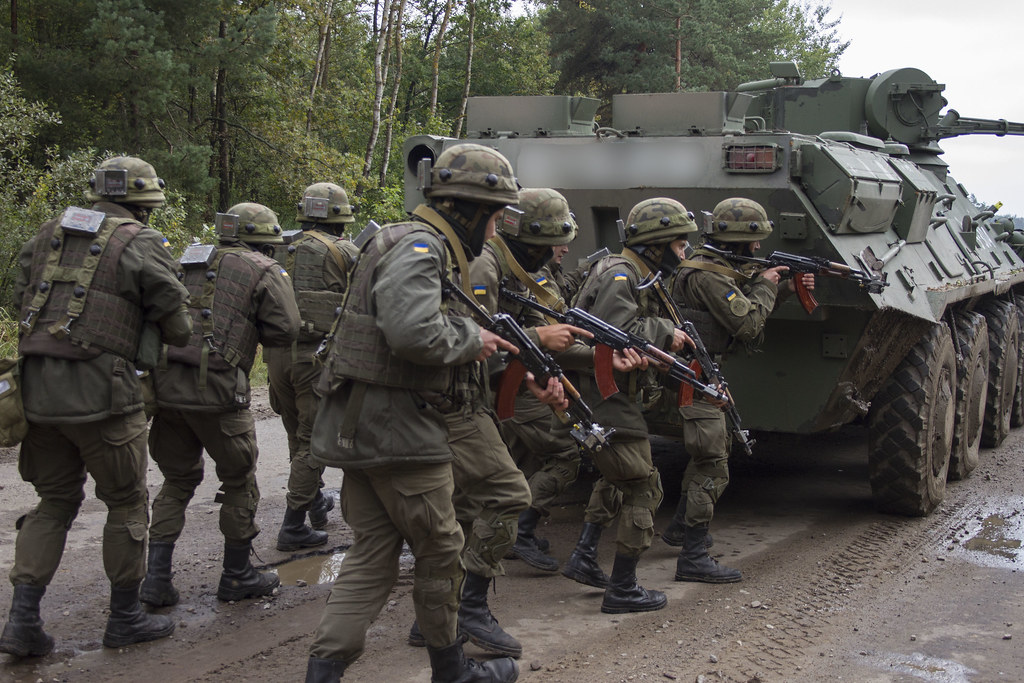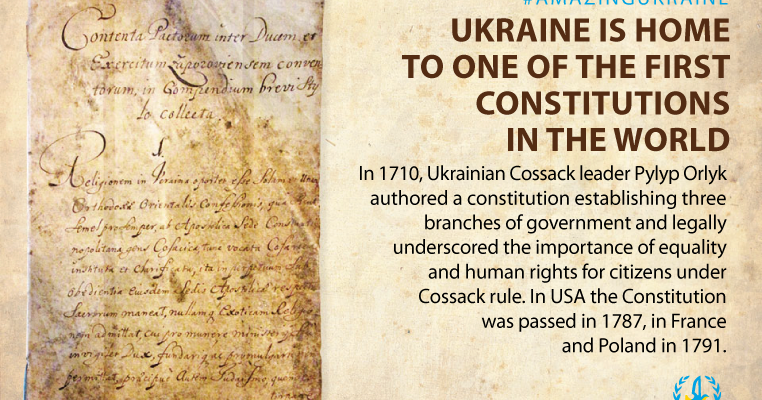
I imagine dealing in person with the cold, calculating mind of Vladimir Putin brings about uncertainty and anxiety. He probably makes passive aggressive statements to throw you off guard, but his manner is so confident it makes you wonder what he is actually thinking and whether he would actually to what it is he implies. In ordering his military into Ukraine, he made good on his threatening postures. Then, reacting to blistering sanctions against Russia, he quickly played the nuclear card to the degree of putting his forces in that area on alert.
Would a man such as this be determined enough, sociopathic enough to subject the entire planet to nuclear war? Is he so bent on achieving his imperialistic objectives that he would ruin his own country financially for the pleasure of having conquered another nation? If he succeeds, would he be willing to keep moving into other countries such as Poland and other NATO countries where he would be met with Allied military might?
We don’t know the answers to these questions, but there are projections about the effect on the world based on his actions in Ukraine up to this point. Let’s take a look at what the experts and pundits are telling us.
World War or European Pain in the Neck
Following is an excerpt from the Voice of America website.
“In the hours after Russian President Vladimir Putin ordered an invasion of Ukraine — although no country has declared war on Russia — many are asking: ‘Is this the start of World War III?’
‘No, it’s not,’ according to Joshua Pollack, editor of The Nonproliferation Review and a former consultant to the U.S. government on issues related to weapons of mass destruction, including proliferation, arms control and deterrence. ‘The real question is whether it’s the start of Cold War II. The answer may depend on the longevity of Putin’s regime.’
Naoko Wake, Michigan State University associate professor of history, concurs.
‘This appears to be one of the beginnings of a second Cold War, which we have been seeing so many manifestations of around the globe in the recent decade,’ she says.”
The New York Times has this to say. “Rising energy costs and potentially slowing supply chains will take their toll on consumers. Russian cyberattacks could cripple electronic infrastructure. A new refugee crisis will require international assistance. And an era of relative calm in the West that has pervaded since the end of the Cold War might be coming to a close.”
Paraphrasing the same Times article, NATO is moving member country forces into strategic locations to Eastern Europe and the Baltics in anticipation of further aggression by Russia. The CIA will look for ways to support resistance in Ukraine with intelligence and possibly armaments.
Logic would suggest Putin would be deterred by such massive resistance to further expansion of his “empire.” Whether logic has given way to madness and unlimited recklessness isn’t known. My guess is he remains cold and calculating.

The Diplomatic Community
In this environment characterized by attack versus resistance, diplomacy would seem to stand little chance. It’s surprising to see Russia has agreed to have talks with the Ukrainian government. Unless the defenders can keep the aggressors at bay for a long time, I don’t expect much to come from any negotiations.
On a broader scale, the United States introduced a resolution at the United Nations to condemn Russia for its invasion. It may get great support, but Russia will veto any enactment of the resolution. Diplomats are likely to be hamstrung in their efforts to rein in Putin for a while until he has motivation to pull in his fangs.
The Economy
The West places its hope for Putin’s motivation toward peace in damaging Russia’s economy. The European Commission, along with the United States, the United Kingdom and Canada, is denying Russian access to crucial financial systems. This alone will have heavy consequences for Russia. Other countries such as Japan, New Zealand, Australia and Taiwan and even neutral Switzerland are joining in with their own sanctions to put a stranglehold on the aggressor’s economy.
There is one weakness for the West which I’ve read about, and that’s the need for Russia’s oil and natural gas. To keep Russia from exporting their energy commodities would be painful for the people of the countries that depend on them. I don’t know if this sector of Russia’s business will be enough to keep the war machine going, but it may help them maintain for the immediate future.
Fidelity Investments published an article written by Jeff Sommer about the likely effect of the invasion on global stock markets. The gist of the piece is that historically, markets take a hit in times like these, but they rebound from the shock of war and disaster. Nuclear war would make for an unpredictable future, but if Putin remains cold and calculating, he won’t unleash that level of misery on the world. If this operation ends in Ukraine, the likelihood is the global economy won’t be down for long.
The Human Factor
What really matters in this crisis is the effect on the common citizens of Ukraine, Russia and the rest of Europe. Loss of life, property, liberty and security will bring difficult changes to those directly affected by war. We who are far from the epicenter cannot forget their suffering when we no longer feel the relatively mild uncomfortable effects of this unwarranted hostility. May the oppression end soon and life return to the cherished traditions for the resilient folk of Ukraine.
